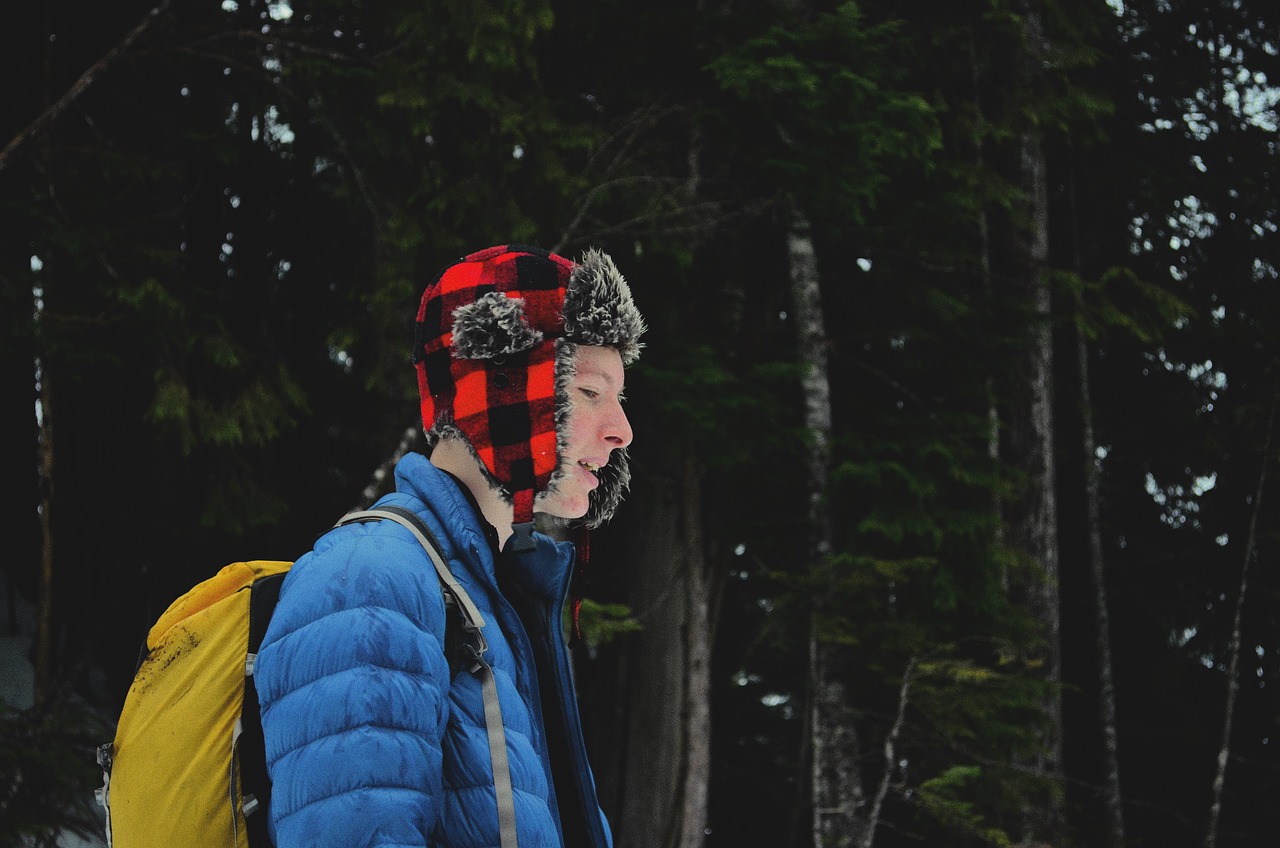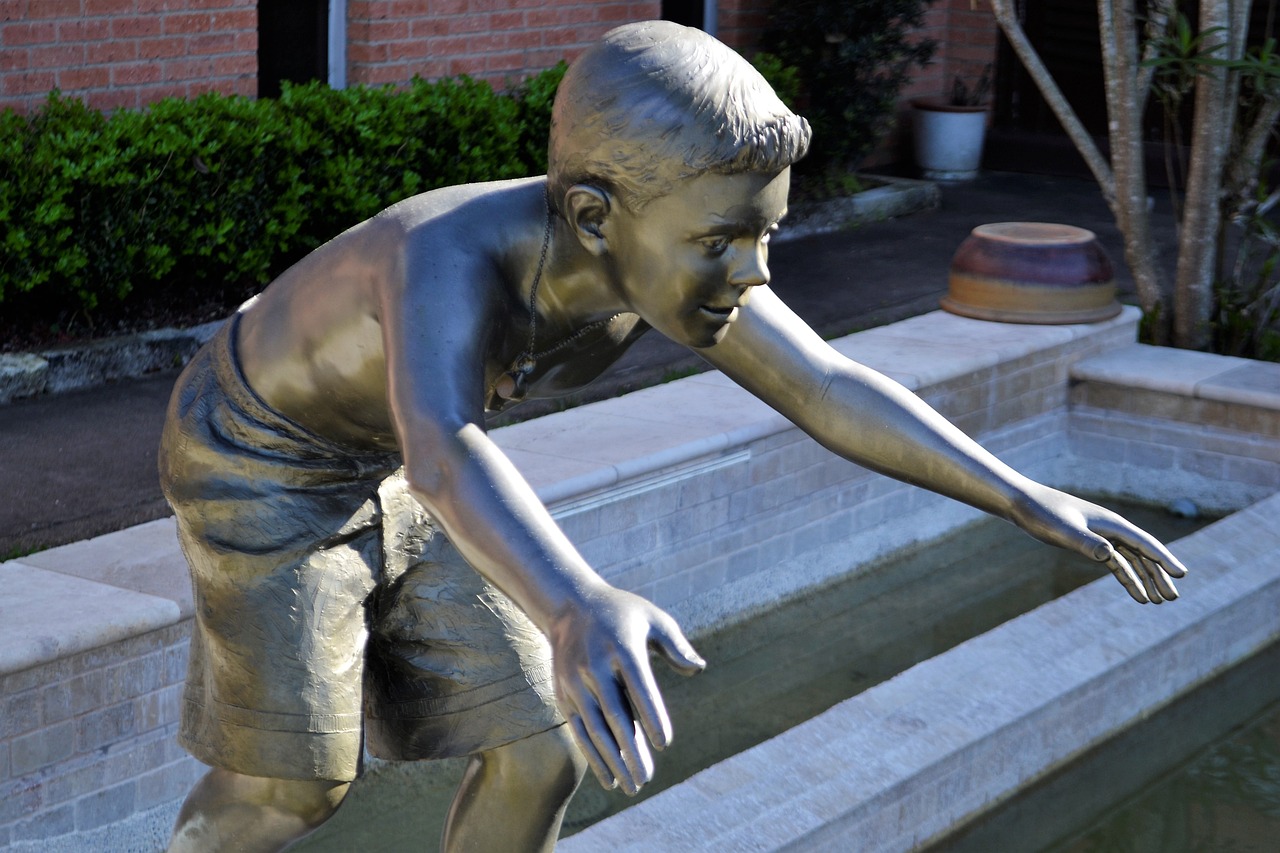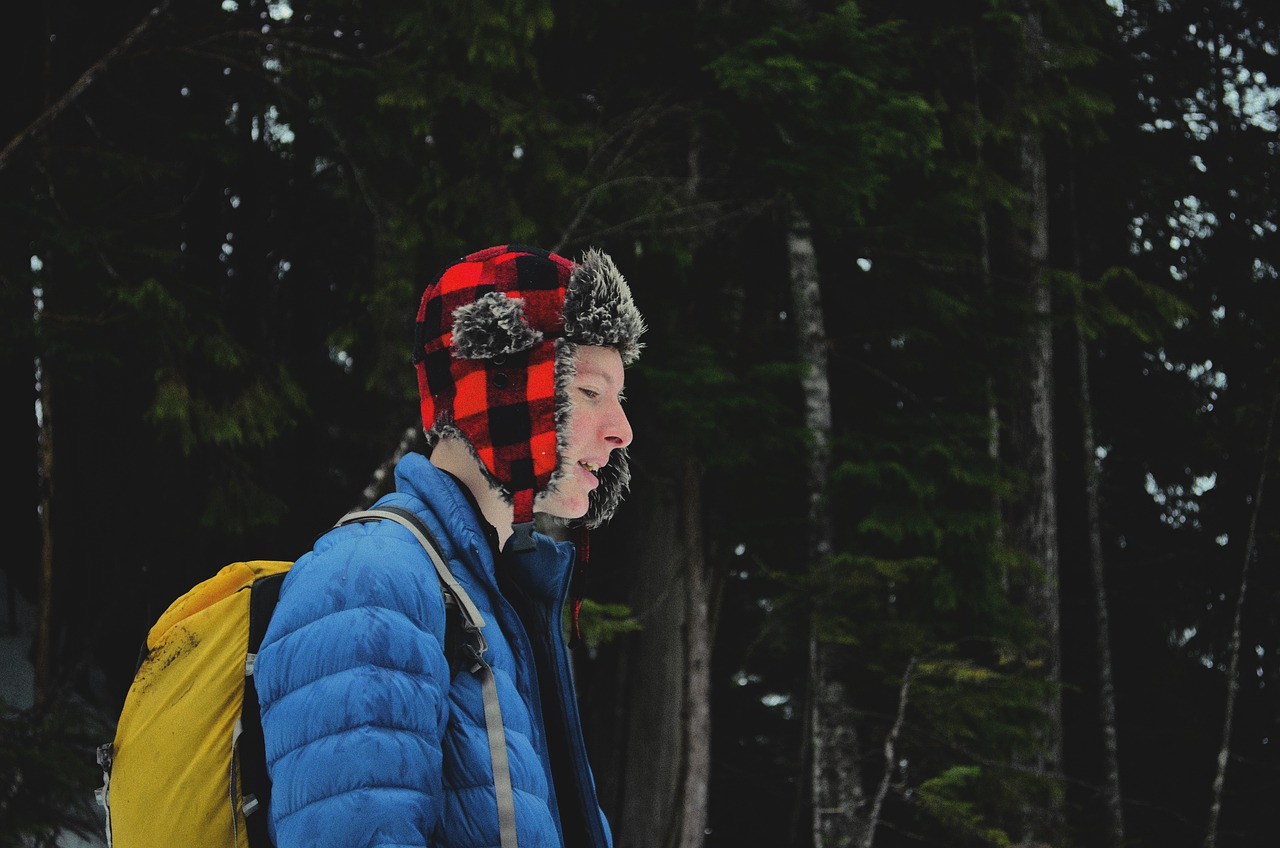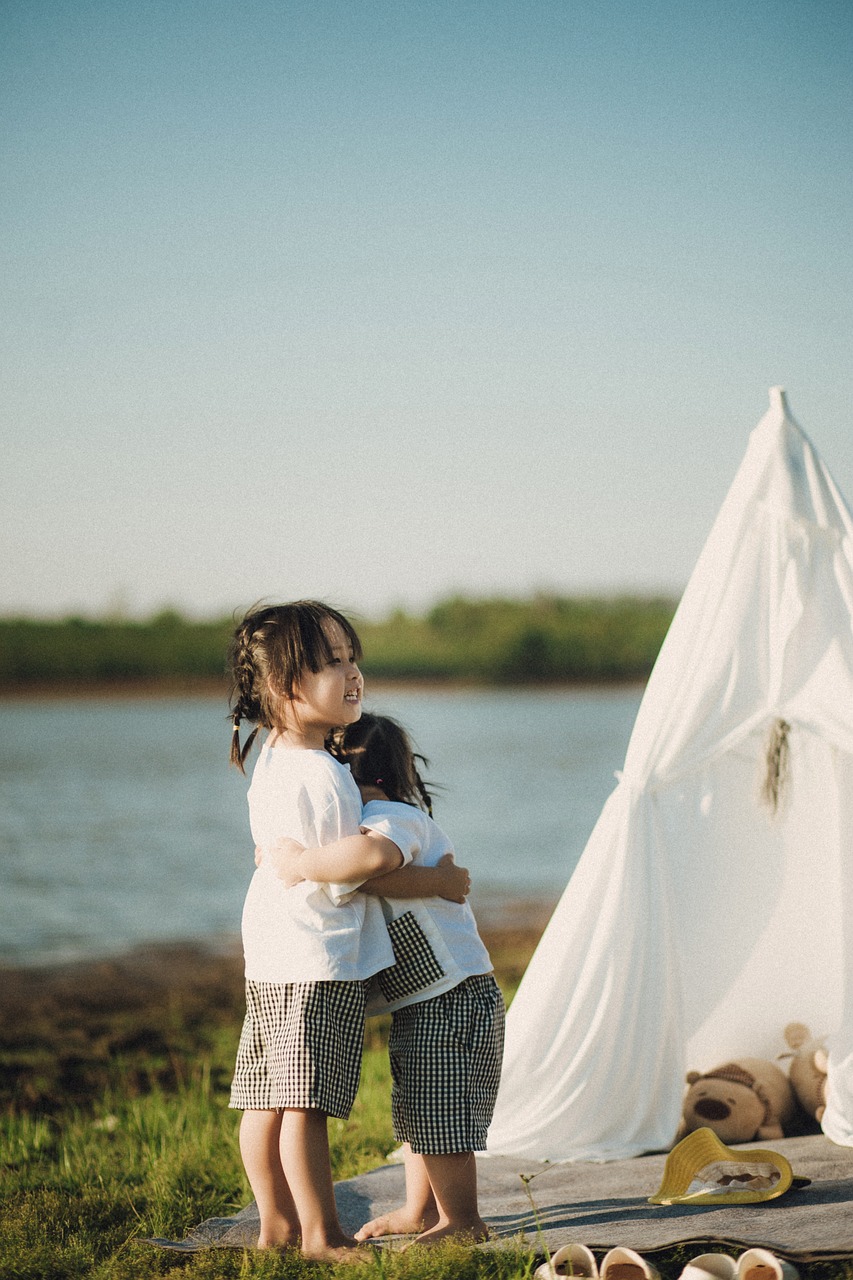
Are you planning a camping trip with your little ones who are under the age of 5? Well, fret not! We’ve got you covered with some handy tips that will make your camping experience an absolute breeze. From packing the essentials to choosing the right campsite, we’ll walk you through everything you need to know to ensure a fun and memorable adventure for the whole family. So, grab your tent and let’s get ready to embark on an amazing camping journey with your little explorers!

This image is property of pixabay.com.
Choosing the Right Campsite
When camping with kids under 5, choosing the right campsite is crucial in ensuring a successful and enjoyable trip. Consider the location and accessibility of the campsite. Look for one that is not too far away from home, especially if it’s your first time camping with young children. A closer campsite will make it easier to pack and transport all the necessary gear. Additionally, look for a campsite that is family-friendly, with amenities such as playgrounds, swimming areas, and hiking trails. These amenities can provide hours of entertainment for your little ones, keeping them engaged and happy throughout the trip. Lastly, check for safety measures at the campsite, such as well-maintained paths, fire safety precautions, and secure areas for children to play.
Preparing the Camping Gear
Investing in a suitable tent is essential when camping with young children. Look for a tent that is spacious enough to accommodate the entire family comfortably. Consider a tent with multiple rooms or a separate sleeping area for the kids, as it can provide some privacy and make bedtime routines easier. Additionally, choose comfortable sleeping arrangements for your little ones. Whether it’s a portable crib, a sleeping pad, or a cozy sleeping bag, ensure that your children can sleep comfortably through the night. Don’t forget to pack appropriate clothing and footwear, taking into consideration the weather conditions at the campsite. Layering clothing is always a good idea, as it allows you to adjust to changing temperatures easily.
Planning the Camping Trip
Before heading out on your camping adventure, it’s important to plan the trip carefully. First, decide on the duration and timing of the trip. Keep in mind the attention span and energy level of your young children. Shorter trips are often more manageable for little ones. Next, create an itinerary that includes kid-friendly activities. Research the area surrounding the campsite and look for nearby attractions such as nature reserves, animal sanctuaries, or child-friendly hiking trails. Incorporating these activities into your itinerary will keep your kids entertained and engaged throughout the trip. Lastly, consider the availability of nearby emergency services and facilities. Knowing that help is readily available in case of any unforeseen circumstances can provide peace of mind to you as parents.
Prepping Kids for the Camping Trip
To ensure a smooth camping experience for your children, it’s important to prepare them for what to expect. Begin by talking to them about camping and all its exciting aspects. Show them pictures of camping trips or read them camping-themed books to create a sense of excitement and anticipation. Familiarize them with the outdoors by taking walks in nature parks or even setting up a mini-campsite in your backyard. This will help them become more comfortable with the idea of spending time in nature. Finally, practice sleeping in a tent or sleeping bag at home. Set up a small tent in the living room or have a backyard campout to give your children a taste of what it feels like to sleep under the stars. This will make the transition to camping in a new environment much smoother for them.

This image is property of pixabay.com.
Ensuring Safety and Hygiene
Keeping your children safe and maintaining hygiene during your camping trip is of utmost importance. Take the time to childproof the campsite before settling in. Remove any hazards such as sharp objects, poisonous plants, or unstable structures. Ensure that the area where your children will be playing is free from potential dangers. Additionally, bring a well-stocked first aid kit that includes all the essentials for treating minor injuries and ailments. Common items to include are bandages, antiseptic wipes, insect repellent, and sunscreen. Finally, maintain proper hygiene and cleanliness throughout your trip. Encourage your children to wash their hands regularly, especially before meals, and provide them with their own designated camping hygiene kit containing essentials such as toothbrushes, toothpaste, and wet wipes.
Managing Meals and Snacks
Proper nutrition is key when camping with young children. Plan and pack nutritious meals that are easy to prepare and are suitable for outdoor cooking. Opt for simple recipes that can be cooked over a campfire or a camping stove. Prepare meals in advance if possible to minimize stress during the trip. Don’t forget to pack a variety of snacks to keep your children fueled throughout the day. Choose healthy options such as fruit, yogurt, granola bars, and trail mix. Involving your kids in meal preparation can also be a fun and educational activity. Let them help with simple tasks such as stirring ingredients or setting up the picnic area. This will not only keep them engaged but also instill a sense of responsibility and independence.

This image is property of pixabay.com.
Entertainment and Activities
Keeping your children entertained during the camping trip is essential to avoid boredom and meltdowns. Bring age-appropriate toys, games, and books that can keep them occupied during downtime. Outdoor toys such as balls, frisbees, and bubbles are great for active play. Additionally, encourage nature exploration by providing magnifying glasses, binoculars, or bug catchers. This allows children to engage with their surroundings and learn about the natural world. On clear nights, engage in campfire storytelling and stargazing. Share spooky stories or teach your kids about constellations. This creates a magical and memorable experience that they will treasure for years to come.
Dealing with Sleep Challenges
Establishing a consistent sleep routine is vital for the well-being of young children during a camping trip. Try to mimic their regular bedtime routine as much as possible. This could include reading a bedtime story, brushing teeth, and dimming the lights. Creating a familiar sleeping environment can also help children feel more at ease. Bring their favorite blankets, stuffed animals, or pillows from home to provide a sense of comfort. Address any discomfort or fears that your child may have. If the sleeping bag is uncomfortable, consider using an air mattress or extra blankets to create a softer sleeping surface. If your child is afraid of the dark, bring a nightlight or a small lantern to provide a sense of security.
Handling Weather Conditions
Weather conditions can greatly impact a camping trip, especially when camping with young children. Before heading to the campsite, check the weather forecast to ensure you are prepared for any changes in weather. Dress your children appropriately, layering their clothing to accommodate fluctuating temperatures. Bring extra clothing in case of unexpected changes in weather conditions. When packing, be sure to include rain gear such as waterproof jackets, pants, and boots. Additionally, set up a sheltered area at the campsite where you can seek refuge from rain or strong winds. This could be a canopy, a screened-in area, or even a large tarp secured with ropes. Being prepared for adverse weather conditions will help you and your children stay comfortable and enjoy the camping experience to the fullest.
Reflecting on the Experience
After the camping trip has come to an end, take the time to reflect on the experience with your children. Encourage them to share their thoughts and feelings about the trip. Ask them about their favorite moments, the things they learned, and any challenges they faced. Discuss memorable moments and relive the joy and excitement. Use this opportunity to reinforce any lessons learned during the trip, such as respecting nature or practicing good hygiene. Lastly, maintain a positive and enjoyable attitude throughout the reflection process. This will foster a love for nature and camping in your children, ensuring that they develop lasting memories and a desire to explore the great outdoors in the future.



